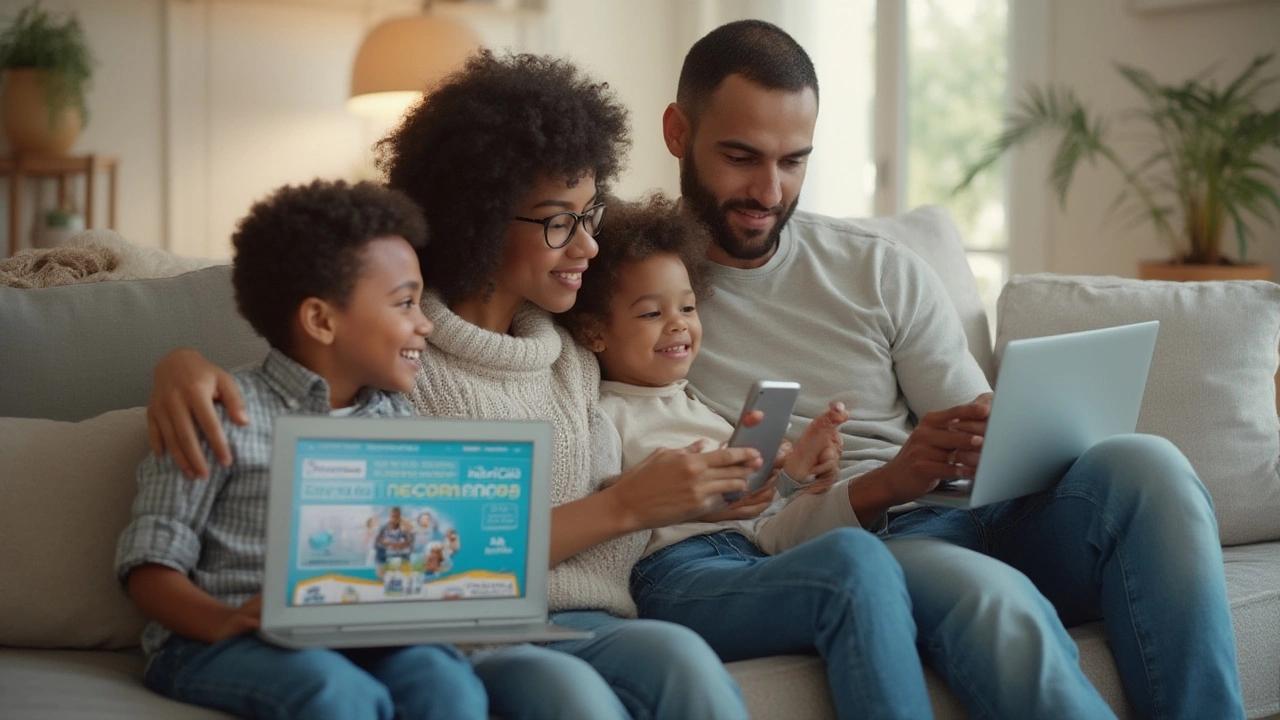Safe Pharmacy: Your Quick Guide to Buying Medicines Online Without Risk
Thinking about ordering meds from the web? You don't have to guess whether a site is legit. Follow these simple steps and you’ll know exactly how to pick a safe pharmacy, keep your money safe, and protect your health.
What Makes an Online Pharmacy Safe?
First, look for a licensed pharmacy. In the U.S. that means a valid National Association of Boards of Pharmacy (NABP) certification – you’ll see a .pharmacy domain or a VIPPS seal on the homepage. In the UK, check for the General Pharmaceutical Council (GPhC) logo. If the site hides its address or refuses to show a pharmacist’s name, walk away.
Second, a real prescription is a must for any prescription‑only drug. Sites that claim they can sell you antibiotics or hormones without a doctor’s note are usually scams. A safe pharmacy will ask you to upload a scanned prescription or have a licensed prescriber verify it.
Quick Safety Checklist Before You Click ‘Buy’
1. Verify the license: Look for NABP, GPhC, or your country’s regulatory badge.
2. Check the URL: Secure sites use https and often have .pharmacy or .com domains that match the brand name.
3. Read the privacy policy: It should explain how your personal data is stored and used.
4. Compare prices: If a price is dramatically lower than major retailers, it could be a red flag.
5. Look for contact info: A phone number, email, and physical address mean the company is reachable if something goes wrong.
These five points cover most of the red‑flag territory you’ll encounter while browsing.
Trusted Pharmacy Examples Mentioned on DB Sentences
Our tag page lists real articles that walk you through safe buying for specific drugs. For instance:
- Buy Generic Singulair (Montelukast) Online Cheap shows how to verify a pharmacy before ordering cheap asthma meds.
- How to Buy Chloramphenicol Online Safely and Legally in 2025 breaks down UK prescription rules and safe site criteria.
- marleydrug.com Online Pharmacy: Safe, Affordable Meds Delivered Fast reviews the site’s licensing, shipping policies, and user feedback.
- Canshipmeds.com: Safe Online Pharmacy for Affordable Meds & Easy Delivery gives a step‑by‑step ordering guide and safety tips.
Reading those guides gives you drug‑specific confidence. They all stress the same core ideas: verify the license, demand a prescription, and use secure payment methods.
Another handy tip is to use a credit card or a payment platform that offers buyer protection. If a pharmacy never ships or sends the wrong product, you can dispute the charge.
When Things Go Wrong
If you receive damaged packaging, the wrong medication, or no medicine at all, contact the pharmacy’s support line immediately. Document everything – screenshots, order numbers, and emails. Then report the pharmacy to the NABP or your local health authority. Reporting helps keep the internet safer for everyone.
Lastly, keep a copy of every prescription and your receipt. It’s useful if you need to discuss side effects with a doctor or prove a purchase to an insurance company.
Buying meds online can save time and money, but only when you stick to the basics: check the license, demand a prescription, verify contact info, and protect your payment. Follow this guide, use the articles on our tag page for specific drug advice, and you’ll stay safe while enjoying the convenience of a reputable online pharmacy.
Curious about medstore-365.com? Discover how this online pharmacy works, safety tips, and what you should know before buying medicine online.
